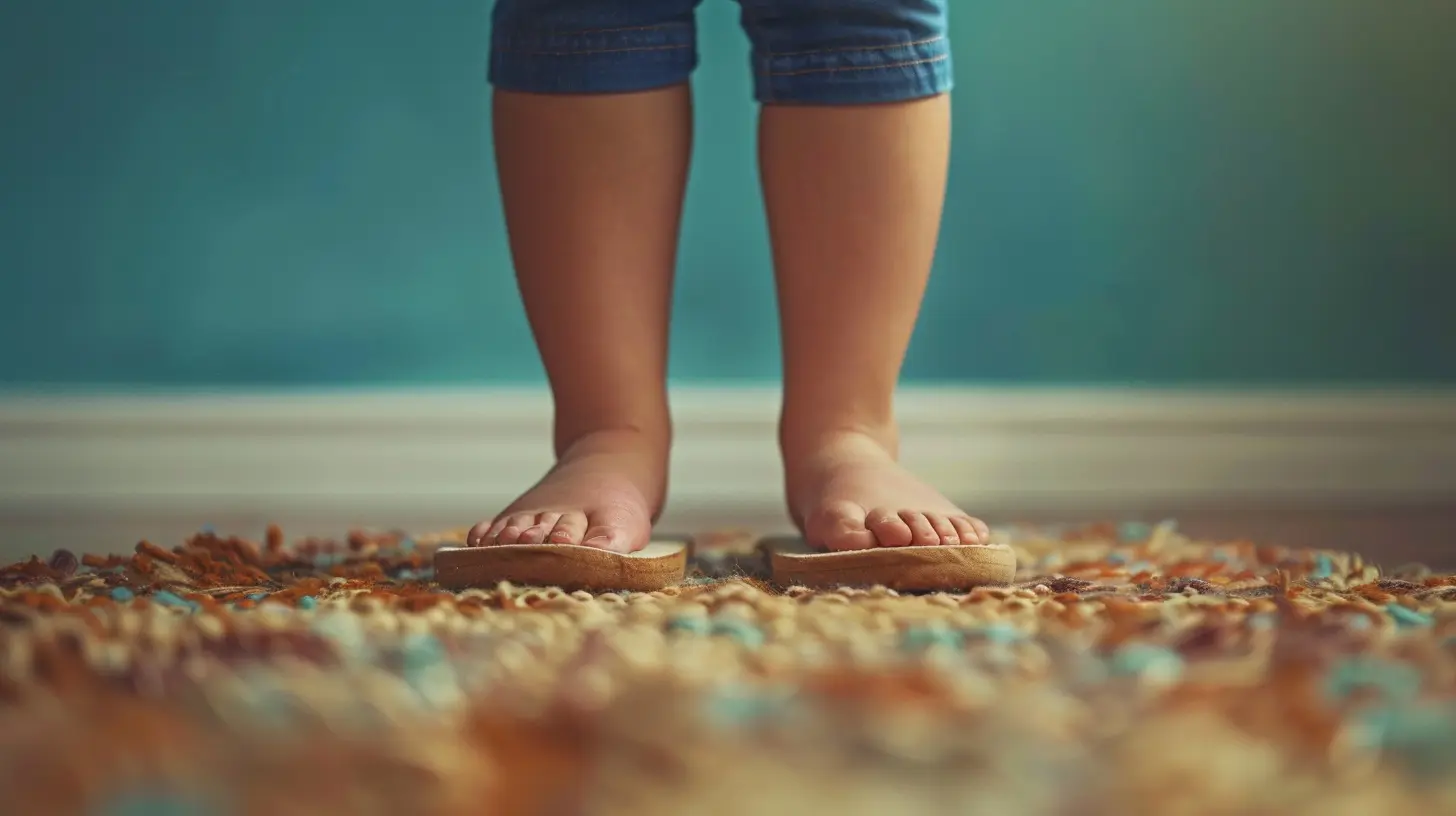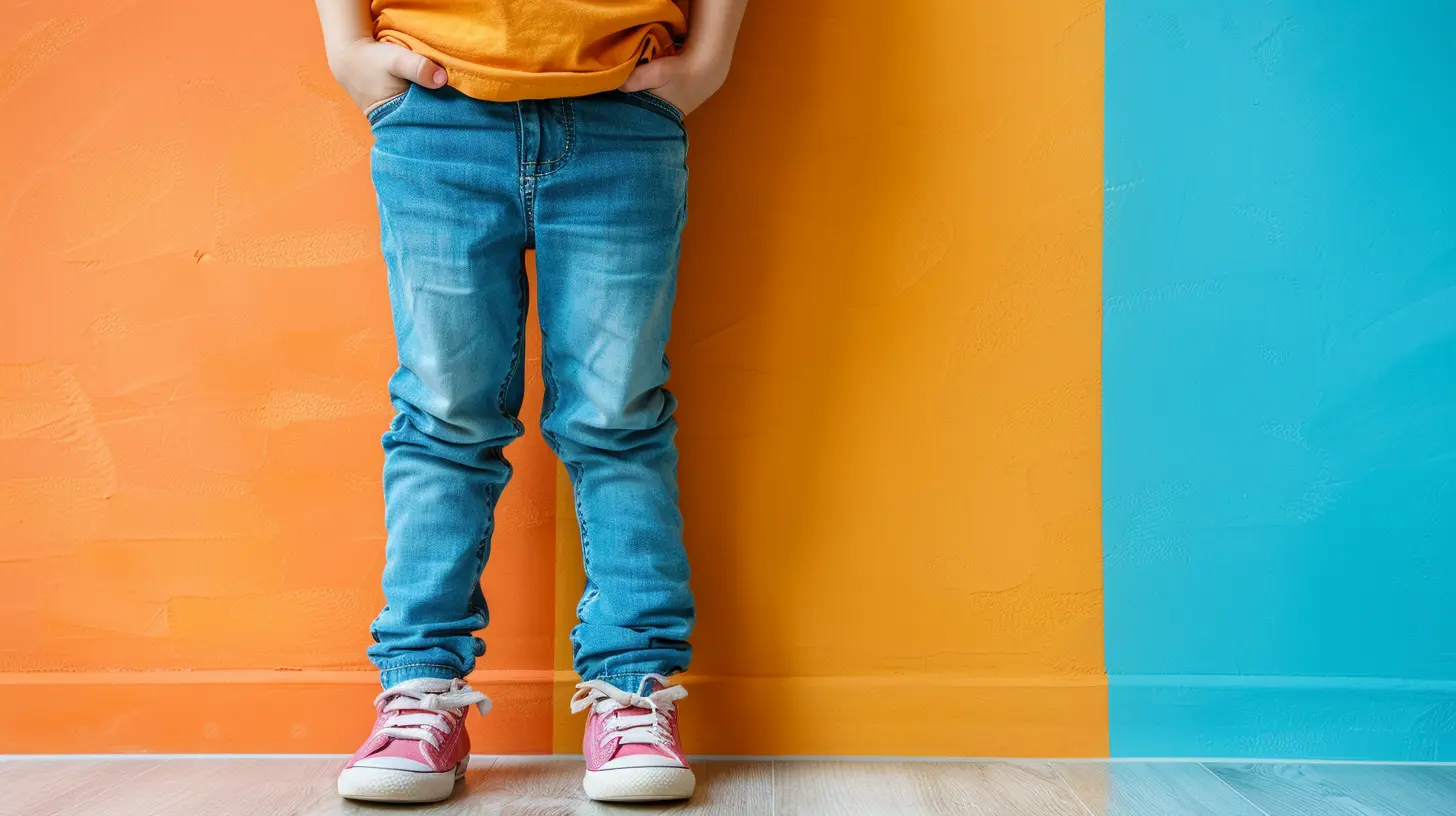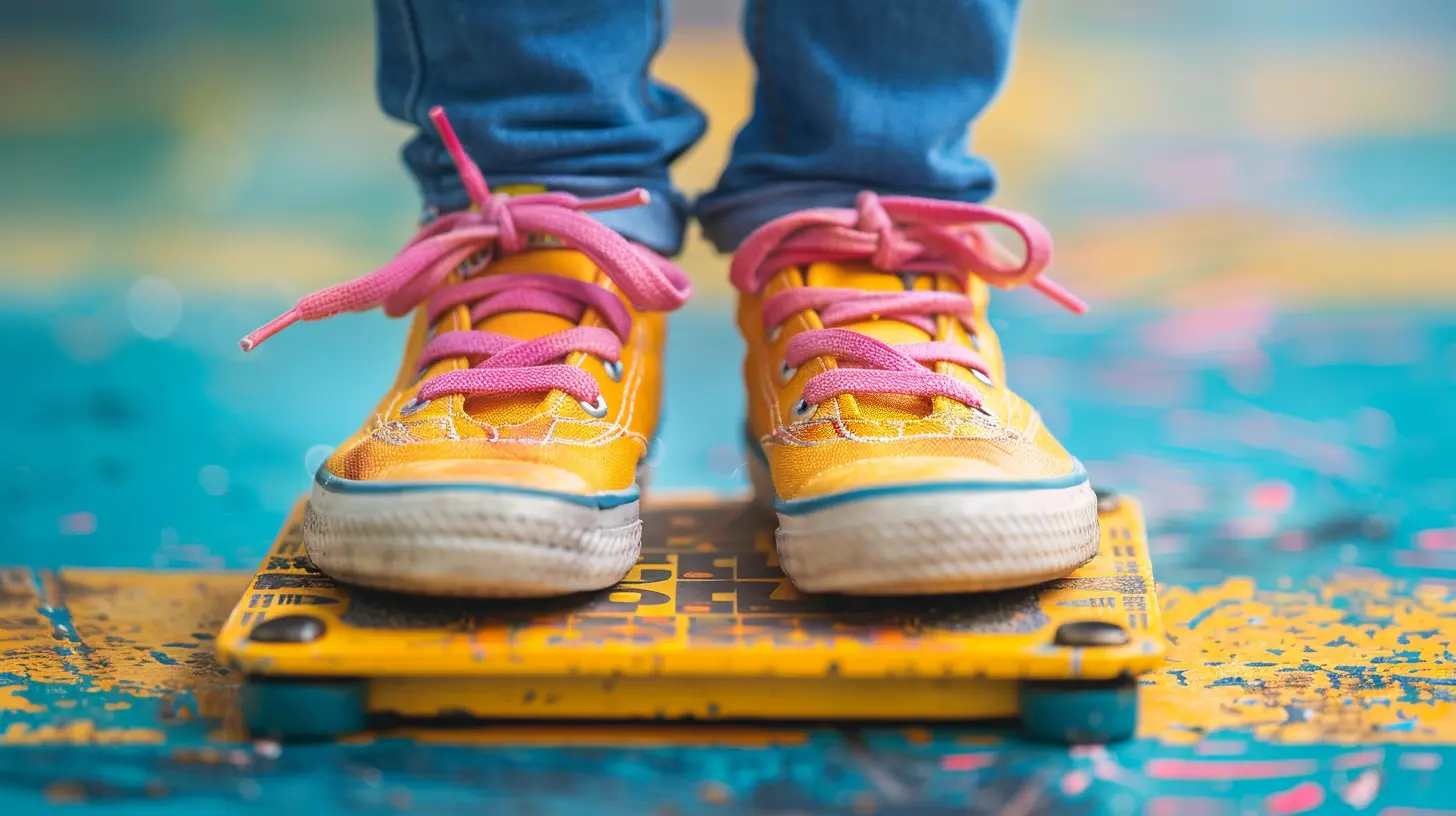Addressing Childhood Obesity Without Negative Body Image
9 July 2025
Childhood obesity is becoming more common, but you know what’s even more important than numbers on a scale? How our kids feel about themselves. As parents, we all want healthy, happy children. But, so often, the way society talks about weight can be... well, damaging.
So how do we encourage healthy habits without making our kids feel like something is wrong with their bodies? That’s what we’re diving into today. Too many kids grow up feeling ashamed of their appearance—and it’s up to us to change that narrative.
Let's walk through how you can support your child’s health without harming their self-esteem.
Why This Matters More Than Ever
More than 1 in 5 children and adolescents in the U.S. are considered obese. That’s not just a health stat—it’s a reminder that our kids are struggling. And while the physical risks are real (like type 2 diabetes, heart issues, or joint pain), the emotional toll can be just as harmful.The challenge? Society often equates thinness with worth. That's got to stop.
Kids are sponges. They absorb everything—especially how we talk about bodies. Make no mistake: a single comment or look can plant a seed of self-doubt that blooms into serious body image issues later on.
But don’t worry. This isn’t about being perfect—it’s about being mindful.
What Is Childhood Obesity, Really?
Let’s break it down in plain language. Childhood obesity isn’t just about a child being “chubby.” It’s when a child's weight is more than what’s considered healthy for their height and age. The key word here? “Health.”It’s not about looking a certain way or fitting into a box. It’s about making sure the body is working and growing the way it should.
And more than just food and exercise, factors like sleep, stress, and even screen time play a huge role.
The Danger of Focusing Only on Weight
Let’s be real—if we only focus on the numbers on the scale, we're missing the big picture. Weight doesn’t tell the whole story. A thin child can still be unhealthy, and a heavier child can be perfectly fit and active.Even the language we use matters. Words like “fat,” “lazy,” or “bad foods” can sneak into conversations and stick in a child’s mind like super glue.
Quick Tip: Avoid commenting on your child’s weight. Instead, talk about how their body helps them do cool things like run, dance, and laugh. Focus on what their bodies can do—not just how they look.
Shifting the Focus to Healthy Habits Instead
Want to raise a healthy child? Focus on behaviors, not body size. Here’s how to flip the script:1. Make Meals a Positive Experience
Food is fuel, yes—but it’s also joy, culture, and connection. Avoid labeling foods as “good” or “bad.” Instead, talk about “everyday foods” (like fruits and veggies) and “sometimes foods” (like cookies and chips).Encourage kids to eat until they’re full, not until the plate is clean. And yes, eat together when you can—that alone can shape healthier eating habits.
2. Movement Should Be Fun, Not Punishment
Exercise shouldn’t be a chore—it should be fun. If your child doesn’t love team sports, that’s okay! Try dance parties, nature walks, swimming, skating, or even jumping on the trampoline.The goal is to make movement a regular, enjoyable part of the day—not just a “fix” for weight.
3. Create a Home Environment That Supports Wellness
Healthy snacks in the fridge. Water bottles on the counter. Limited screen time. Regular bedtimes. These little things matter more than you’d think.Your home sets the stage. If your child grows up seeing you make healthy choices, they’ll want to follow your lead.
Your Words Matter: The Power of Positive Communication
Kids internalize the things we say—even when we don’t mean for them to.Instead of:
- “You shouldn’t eat that—it’ll make you fat.”
Try:
- “Let’s fuel your body with something that gives you energy.”
Instead of:
- “You need to lose weight.”
Try:
- “Let’s work on feeling strong and healthy together.”
Pro Tip: Celebrate progress, not perfection. “You ran so fast today!” or “I love that you tried a new veggie!” goes a long way.
Teaching Body Positivity From the Start
Body positivity isn’t just a trend—it’s a mindset. It’s about teaching kids to value their bodies for what they do, not just how they look.Here’s How to Model Body Acceptance:
- Don’t speak negatively about your own body in front of your child.- Praise your child for their abilities, not appearance.
- Teach them that all bodies are different and that’s a beautiful thing.
- Expose them to diverse books, shows, and media that celebrate different body types.
Remember, if you’ve struggled with body image, it’s okay. Healing your own mindset can positively influence your child’s journey.
When to Speak to a Professional
While much can be managed at home, some situations call for expert help. If your child shows signs of emotional distress around their body, eating, or activity levels, talk to a pediatrician or registered dietitian—especially one trained in Health at Every Size (HAES) or intuitive eating.Mental health pros can help too. They can provide tools to build self-esteem and reduce harmful thought patterns.
Never feel ashamed of seeking support. It’s brave—and sometimes necessary.
How Schools Can Help (Or Hurt)
Unfortunately, schools can be ground zero for body image issues. Whether it’s cruel comments from classmates or outdated health lessons that shame fatness, kids often come home confused or hurt.Stay involved! Talk to your child’s teachers. Ask about the school’s health curriculum. Encourage activities that promote inclusivity, not competition.
And if something doesn’t sit right? Speak up. You have the power to advocate for a more compassionate, inclusive environment.
The Role of Social Media and Screens
Let’s not kid ourselves—social media has a huge impact. Filters, influencers, and constant comparisons can mess with a child’s sense of self-worth.What can you do?
- Set time limits.
- Talk openly about the difference between real life and online life.
- Follow body-positive accounts together.
- Teach them to be critical of what they see, not just scroll passively.
This tech-savvy generation needs us to be more involved than ever.
Celebrate All Wins—No Matter the Size
Wins don’t have to be losing ten pounds or running a marathon. Maybe your child tried broccoli for the first time. Or they signed up for karate. Or they felt strong climbing the monkey bars.All of these are victories.
By celebrating small, sustainable steps, we're teaching our kids that their efforts matter—and that health isn’t an all-or-nothing game.
Final Thoughts: You’ve Got This
Raising a child in today’s world can feel overwhelming, especially when it comes to health and body image. But here’s the truth: you don’t need to do it perfectly. You just need to be present, intentional, and compassionate.Childhood obesity is a serious issue—but shame and negativity don’t have to be part of the solution.
So ditch the guilt. Focus on connection. And remember: a child who feels loved, seen, and supported will always shine brighter than one chasing a number on a scale.
You're doing great. And your child? They're amazing—just the way they are.
all images in this post were generated using AI tools
Category:
Childrens HealthAuthor:

Tara Henson
Discussion
rate this article
1 comments
Hattie McTigue
This article beautifully highlights the importance of nurturing healthy habits while fostering positive body image. By focusing on encouraging movement and balanced eating rather than weight, we empower our children to love their bodies and make choices that support their well-being. Together, we can create a healthier future!
July 15, 2025 at 2:42 AM

Tara Henson
Thank you for your thoughtful comment! I completely agree that promoting healthy habits and positive body image is essential for our children’s well-being. Together, we can make a meaningful impact!


